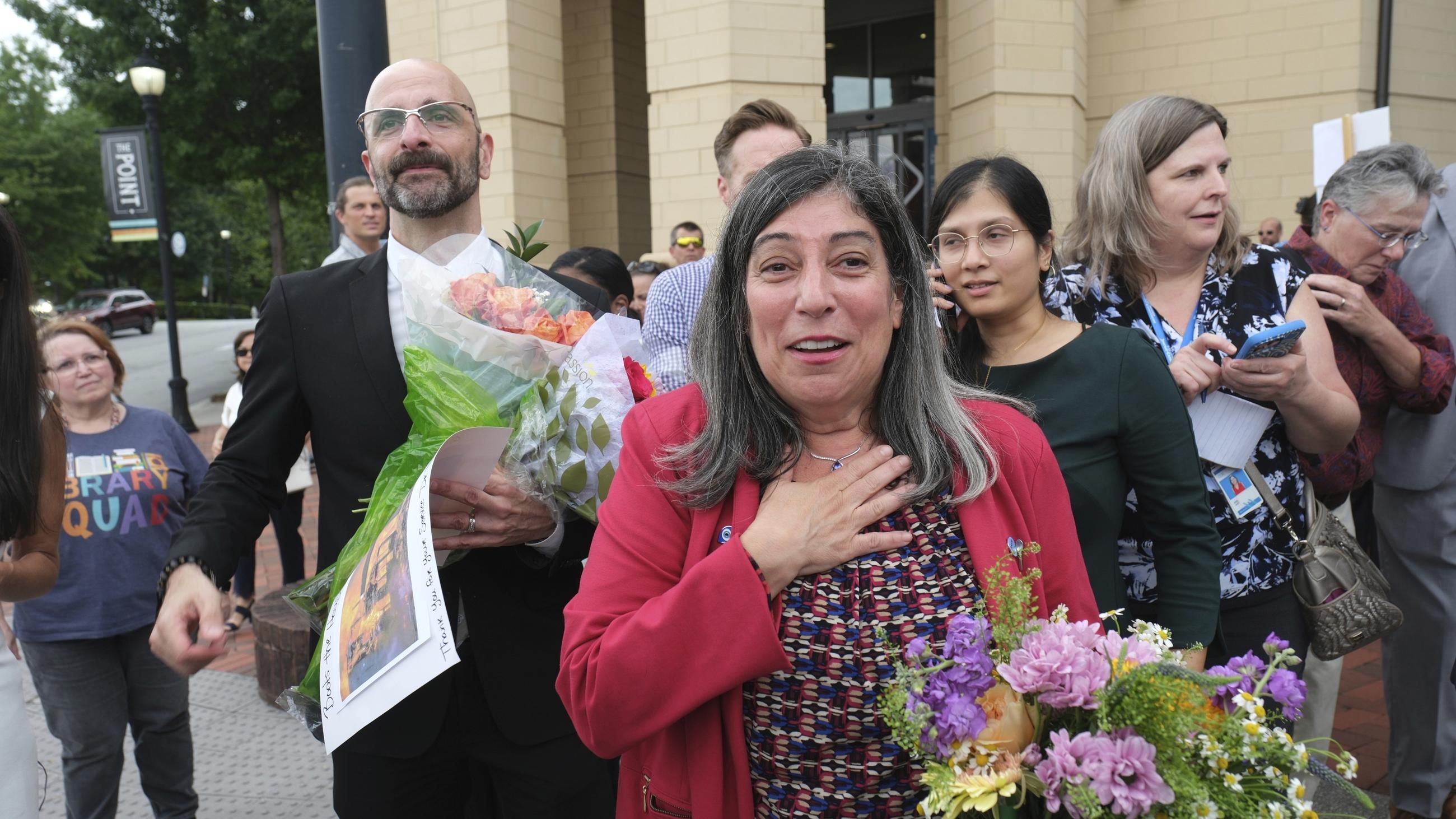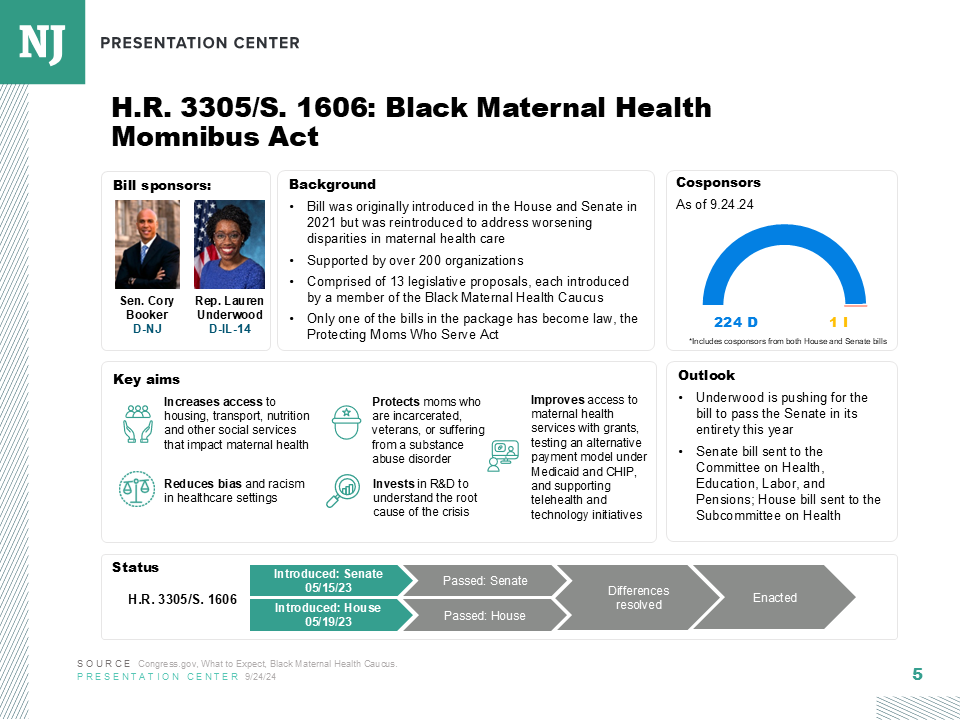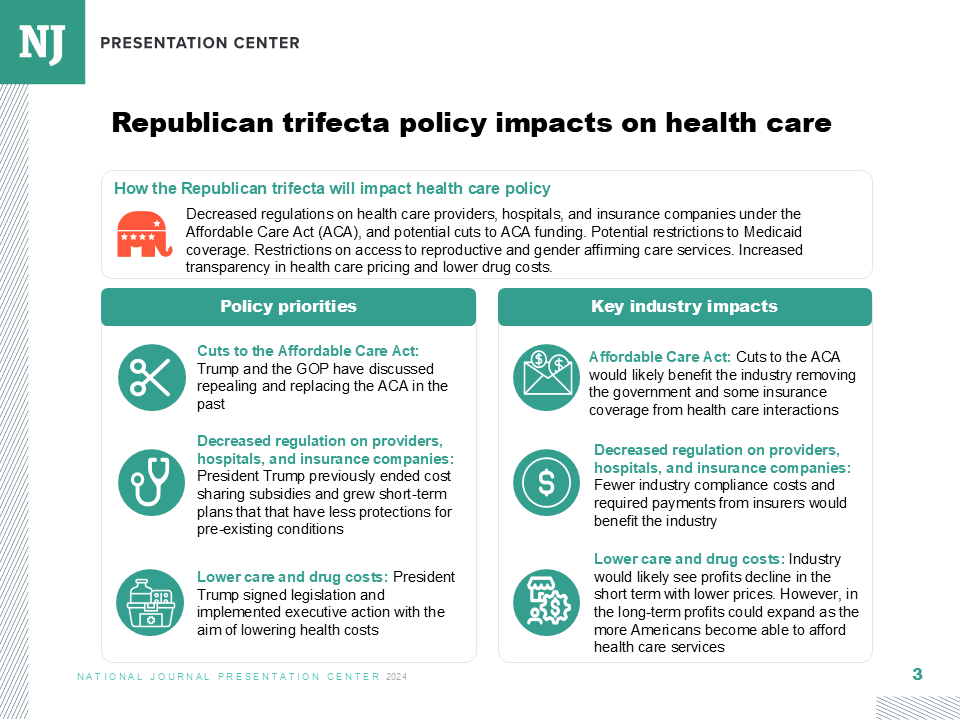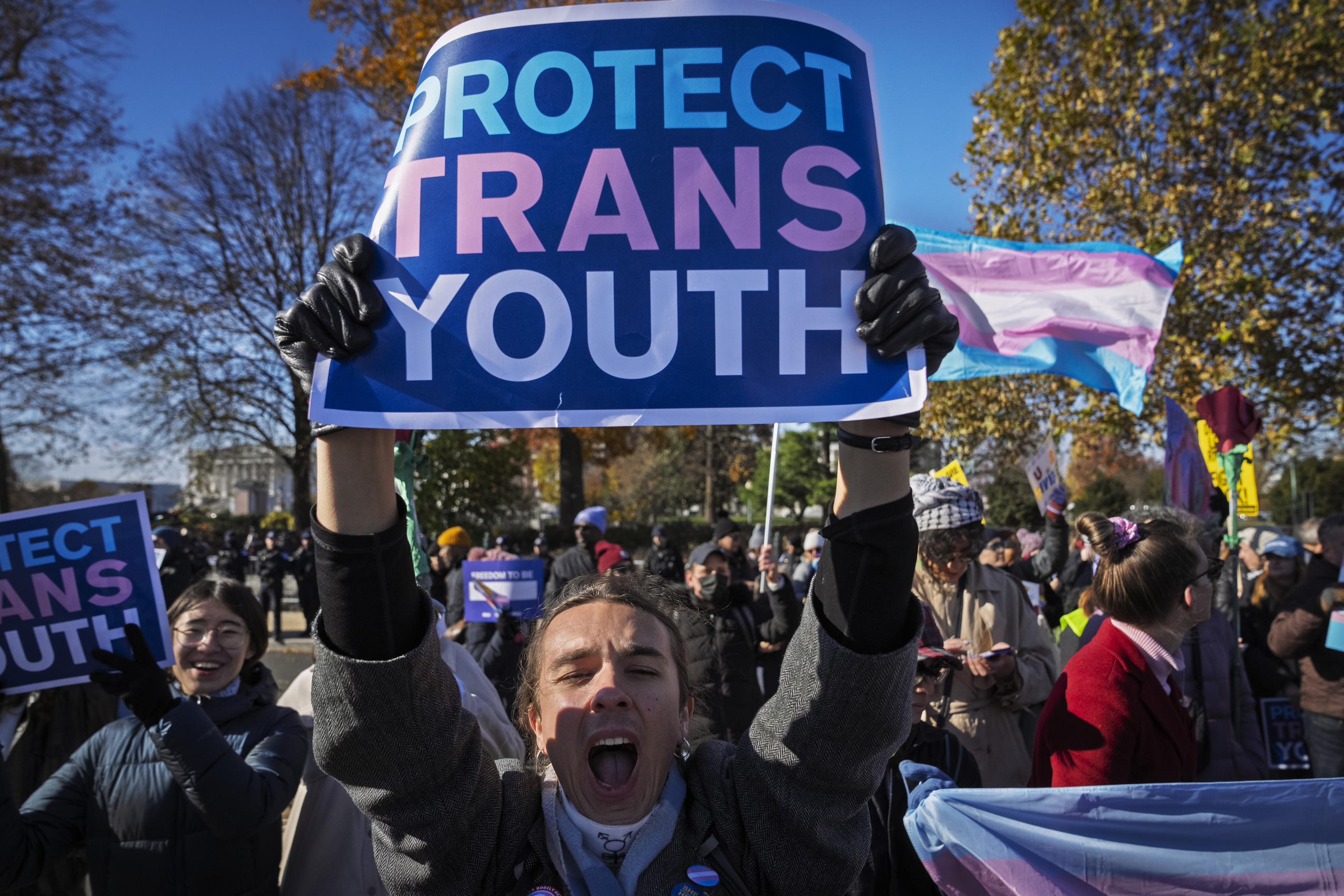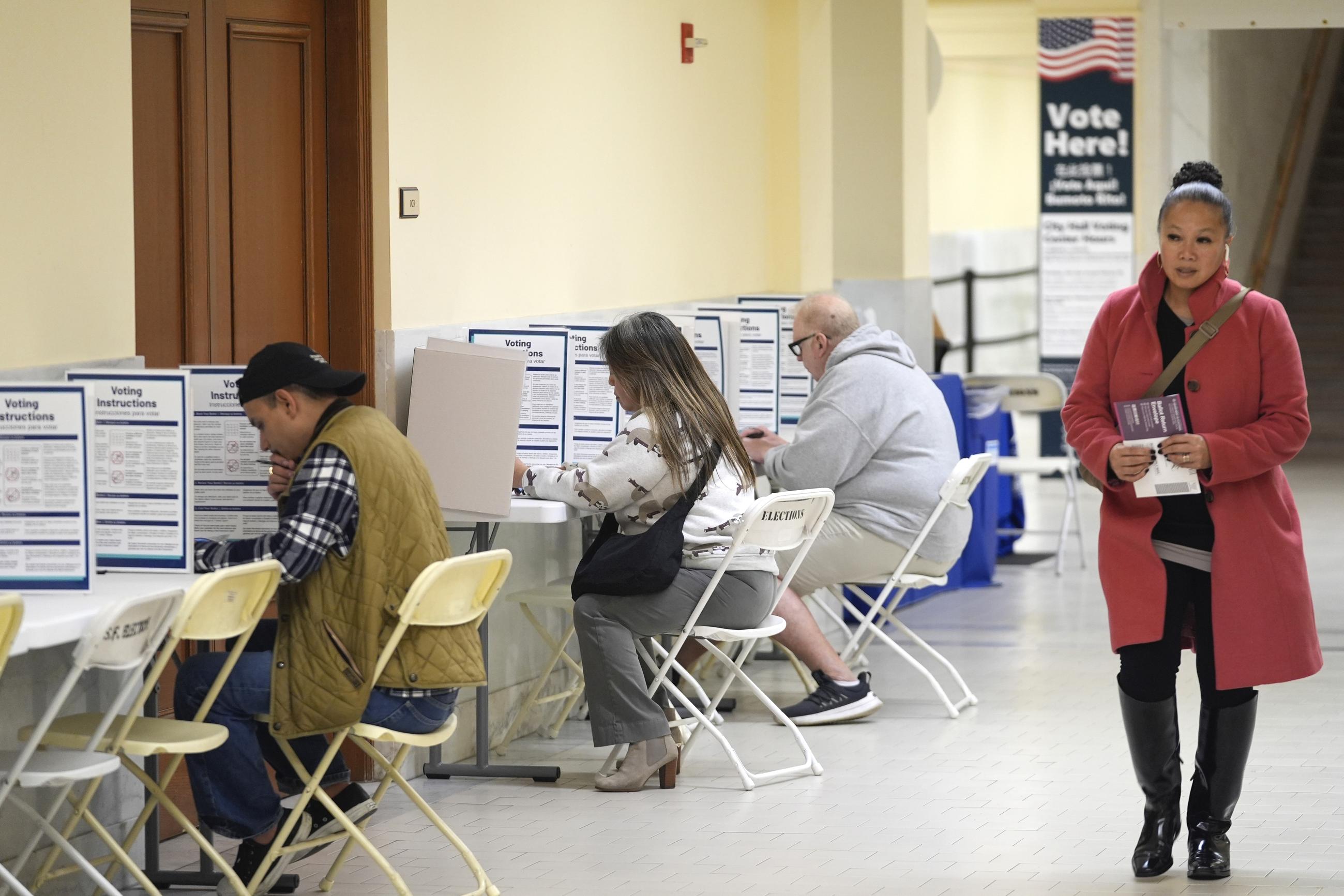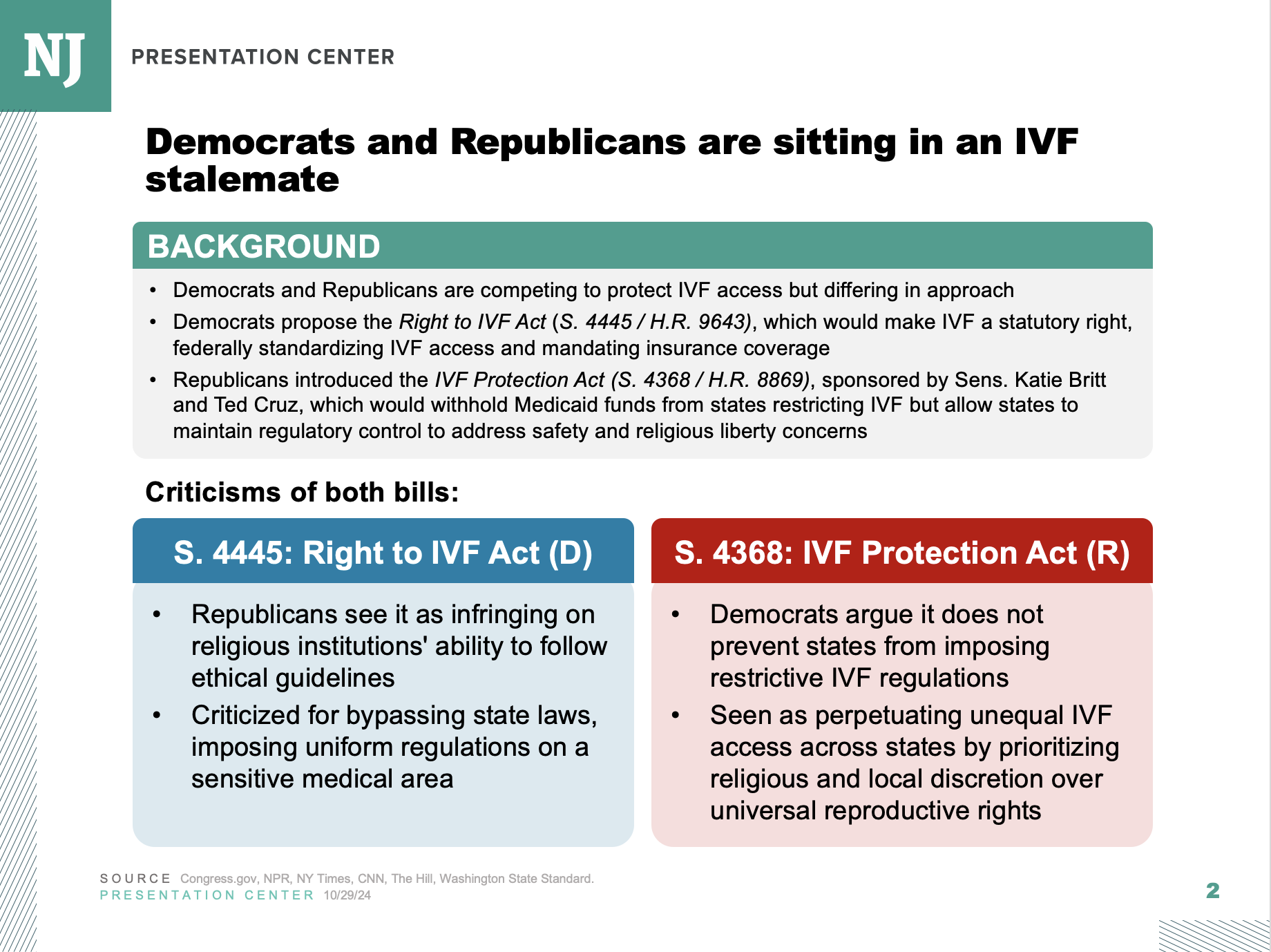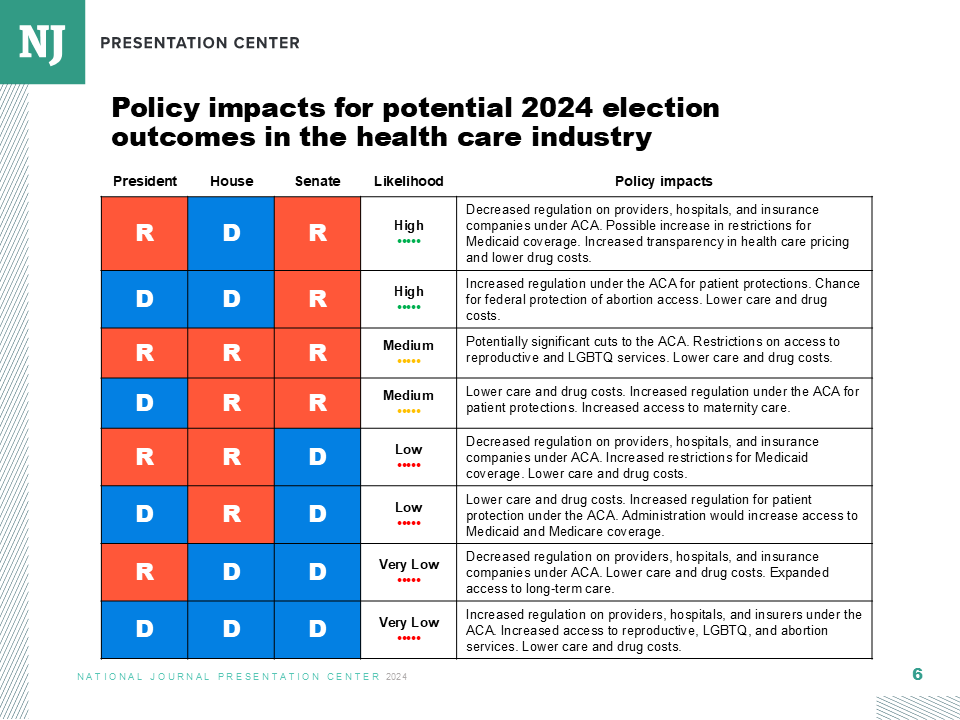A Senate Finance Committee hearing scheduled to focus on the Trump administration’s health care agenda morphed into chaotic theater Thursday morning, as senators from both parties sought answers from Robert F. Kennedy Jr. about his tumultuous tenure helming the Health and Human Services Department.
Senators grilled the HHS secretary on moves that have captured headlines over the last few months and sent shockwaves through the public health world, including limiting access to the COVID shot and firing key personnel such as Centers for Disease Control and Prevention Director Susan Monarez, as well as members of the agency’s vaccine advisory panel. All Democratic senators condemned Kennedy’s moves, and a few key GOP senators openly expressed concerns with his decision-making in a rare public break from the Trump administration’s agenda.
The hearing grew tense as Kennedy doubled down on his record, reiterating attacks against vaccines while repeatedly denying that the department was doing anything to limit access to inoculation. He defended his decisions to fire Monarez and make changes to the vaccine schedule, calling them “absolutely necessary” in order to restore the CDC as the “world’s gold-standard public health agency."
“We are the sickest country in the word—that’s why we have to fire people at the CDC,” Kennedy said. “They did not do their job. This was their job, to keep us healthy.”
Throughout his testimony, Kennedy rehashed debunked claims undermining the safety and efficacy of vaccines. When asked about controversial statements from Retsef Levi—a new member of the CDC’s Advisory Committee on Immunization Practices, appointed by Kennedy—claiming that mRNA COVID vaccines “cause serious harm including death,” the secretary said that while he wasn’t aware of these statements, he agreed with Levi.
However, when pressed on whether other vaccines will be pulled, such as the measles shot, Kennedy said he doesn’t expect revisions of the current schedule.
“I do not anticipate a change in the [measles, mumps, rubella, and varicella] vaccine,” he said. “ACIP is an independent panel.”
This comes ahead of ACIP’s scheduled meeting on Sept. 18-19, when members will discuss a number of long-approved vaccines such as the MMRV, hepatitis B, and respiratory syncytial virus shots, along with the COVID-19 shot.
Kennedy receives heat from both sides of the aisle
Two Republican doctors who sit on the Finance panel—Sens. Bill Cassidy and John Barrasso—expressed their strongest criticisms yet of the secretary, raising alarms that he’s reneging on promises to maintain access to vaccines.
Cassidy—chair of the Health, Education, Labor, and Pensions Committee, and a key vote to help confirm Kennedy in February—offered his harshest rebuke of Kennedy’s policies to date. The committee leader, who’s up for a tough reelection in Louisiana next year, had openly struggled with his vote to confirm Kennedy due to his anti-vaccine rhetoric. But since then the senator has walked a fine line between criticizing the department leader and staying loyal to President Trump.
On Thursday, Cassidy sought to highlight contradictions in Kennedy’s statements criticizing mRNA vaccines while praising Trump’s Operation Warp Speed initiative. The program accelerated the production and distribution of vaccines during the pandemic, and it represented the first widespread use of mRNA vaccine technology.
“Again, it surprises me that you think so highly of Operation Warp Speed, when as an attorney you've attempted to restrict access,” Cassidy said, referring to Kennedy’s time as chief litigation counsel for anti-vaccine advocacy group Children’s Health Defense.
The HELP chair continued to press the witness on his decision to cancel $500 million in mRNA-vaccine-development research funding.
“Is this a question, Senator Cassidy, or is this a speech that you don’t want me to answer? Because I want to answer that question,” Kennedy shot back.
The Louisiana Republican also suggested that members of the new ACIP panel have conflicts of interest because they were previously involved in lawsuits against vaccine manufacturers.
“It may be a bias, but if that bias is disclosed, it's okay,” Kennedy replied. “It's not a financial conflict of interest.”
Cassidy concluded his questioning by laying out testimony he’s heard from people across the country on the impacts of Kennedy’s moves to change the CDC’s vaccine schedule.
“I would say, effectively, we’re denying people vaccines,” Cassidy said in his closing remarks.
“You’re wrong,” Kennedy responded.
Barrasso, in an even rarer break from the Trump administration, offered his own critical assessment of Kennedy’s performance.
“I support vaccines. I’m a doctor. Vaccines work,” Barrasso said, noting that Kennedy had promised to uphold high standards for vaccines during his confirmation hearing. “Since then, I’ve grown deeply concerned,” the senator said, proceeding to list recent headlines regarding measles outbreaks and the firing of Monarez. “Americans don’t know who to rely on.”
Sen. Thom Tillis, a retiring GOP moderate, criticized Kennedy for the firing of Monarez, noting that it happened just a month after the Senate had taken the time to confirm her.
“I don’t see how you go from [calling Monarez] a ‘public health expert with unimpeachable scientific credentials’ … and four weeks later fire her,” Tillis said.
Democrats largely used their time on the panel to put Kennedy on blast, going as far as to call for his resignation. This culminated in a yelling match between both sides, with Kennedy consistently claiming that lawmakers were “making stuff up” when they reiterated his past public remarks, and contending that their grilling was performative to drive attention towards sound bites.
At one point, Kennedy called Sen. Ben Ray Luján “ridiculous” after the New Mexico Democrat demanded to know who was advising the secretary on claims that vaccines were linked to autism. Kennedy denied that David Geier, a prominent figure in the anti-vaccine movement, was doing an autism study for HHS.
Democratic senators also pressed Kennedy for more details on Monarez’s firing. Many pointed to a recent Wall Street Journal op-ed by the former CDC director, who said she was fired because she refused to pre-approve recommendations from ACIP. Other reports detailed that Kennedy asked her to fire top leaders at the CDC, which Monarez refused to do.
During the hearing, Kennedy denied these allegations several times, stating that he fired the director because she admitted she was not a “trustworthy person.” Later, when faced with a series of questions from Sen. Raphael Warnock, Kennedy admitted that he did demand Monarez fire public health experts at CDC.
Earlier on Thursday, Finance ranking member Ron Wyden and HELP committee member Angela Alsobrooks released a 54-page report enumerating Kennedy’s actions and rhetoric in the first 203 days of his leadership, making the case that the secretary should either resign or be fired.
But even with the heat coming from Senate Republicans and Democrats, there were some GOP members on the panel who had Kennedy’s back.
Sen. Ron Johnson, at the onset of his remarks, thanked Kennedy for “putting up with this abuse,” and propagated similar false claims as Kennedy on links between vaccines and chronic disease. Johnson said the Permanent Subcommittee on Investigations—which he chairs—plans to hold a hearing next week examining a study that has claimed to find a correlation between vaccines and chronic illness.
“This is just one example of how science has been corrupted,” Johnson said. “Certainly what I’ve been advocating for are the injection-injured, the childhood-vaccine-injured.”





